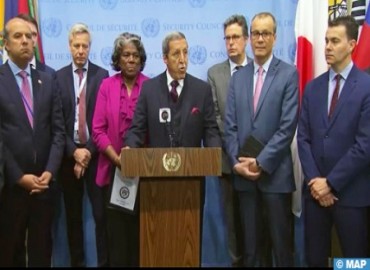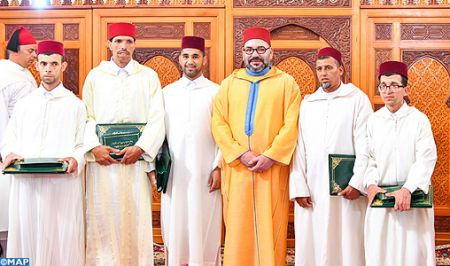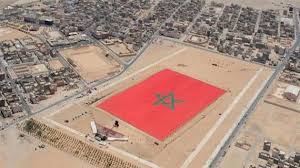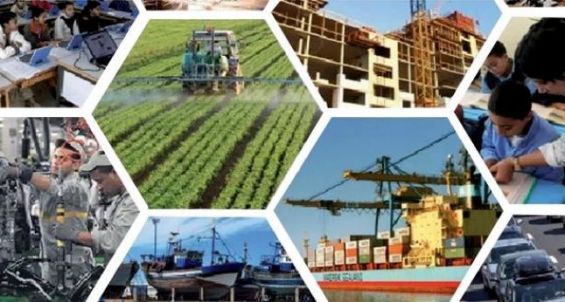The U.S. Ambassador to the United Nations, Linda Thomas Greenfield and her Moroccan counterpart Ambassador Omar Hilale, presented Thursday to the international press, the first-ever UN resolution on artificial intelligence, which will be adopted by the UN General Assembly on March 21.
The presentation of the initiative took place during a press conference at UN headquarters in New York, in the presence of ambassadors and representatives of more than fifty UN Member States, representing all regions of the world. Only the U.S. and Moroccan ambassadors spoke at this event to introduce this resolution entitled “Seizing the Opportunities of Safe, Secure and Trustworthy Artificial Intelligence Systems for Sustainable Development.”
The choice made by the United States to involve Morocco as the main co-sponsor of this unprecedented resolution in the history of the United Nations, testifies to the solidity and strength of the multidimensional strategic and historical partnership between Rabat and Washington. It reflects the credibility, trust, and respect that Morocco enjoys at the UN and international level, under the leadership of King Mohammed VI.
This consensus resolution highlights the need for continued discussions on possible governance approaches that are appropriate, based on international law, interoperable, adaptable, inclusive, responsive to the different needs and capacities of developed and developing countries alike.
The resolution calls on Member States to promote safe, secure, and trustworthy AI systems to address the world’s greatest challenges, including those related to poverty elimination, global health, food security, climate, energy, and education.
Speaking at the press conference on behalf of the countries party to this initiative, Linda Thomas-Greenfield said that AI has enormous potential to shape our economies, societies, and the world for the better. She underlined the need to ensure that these benefits extend across the globe to countries at all levels of development.
She added that the text also establishes a shared vision that AI systems should be human-centric, reliable, ethical, inclusive, privacy preserving, responsible, and oriented towards sustainable development and protection of human rights and international law.
On his part, Ambassador Hilale congratulated the United States for this initiative and for having involved Morocco from its conception, stressing the importance of dialogue among UN Member States to ensure that this evolving technology serves the common good.
He stressed that Morocco underlined during the negotiation process of the resolution the need to harness AI Systems that bridge social, digital, and economic divides between developed and developing countries and not systems that push nations further apart.
He further noted that AI offers numerous potential benefits for developing countries and particularly for African countries in various areas like health, agriculture, education, climate action, and economic growth.
To maximize these benefits, Hilale highlighted the paramount importance of investing in AI research and infrastructure to narrow the digital divide between nations.
The diplomat reiterated Morocco’s full support to the “extremely important” topic of artificial intelligence and the pivotal role of international cooperation in this field to ensure that it serves the good of human kind.



